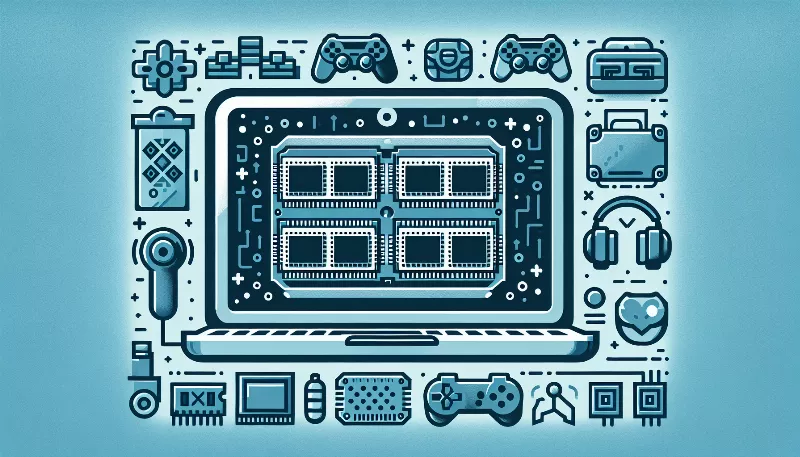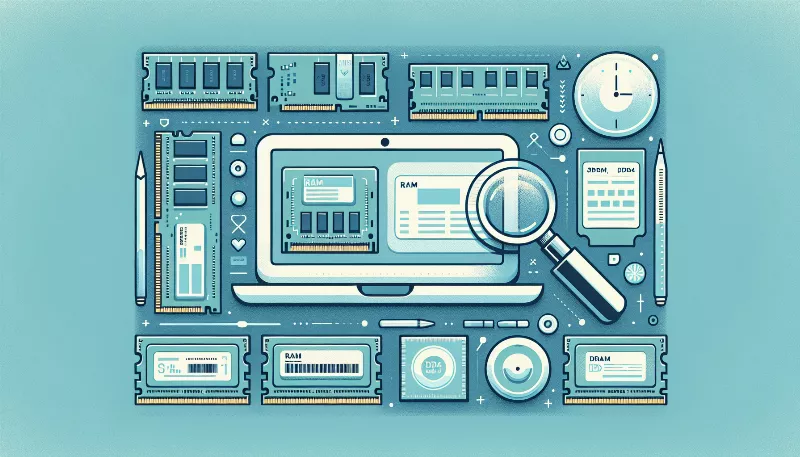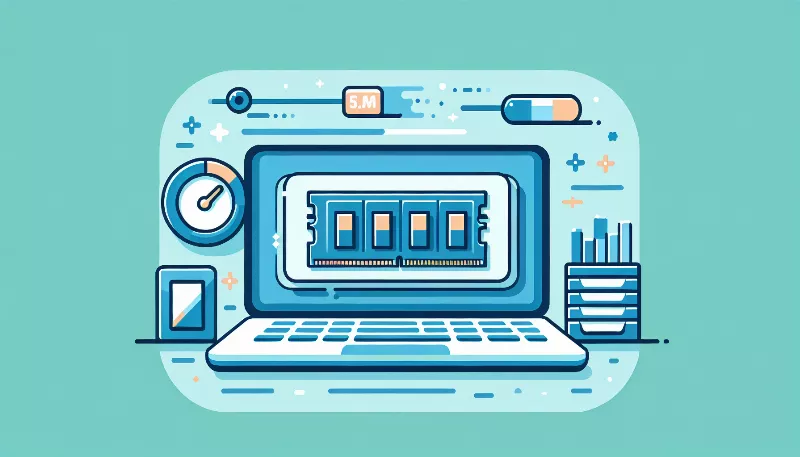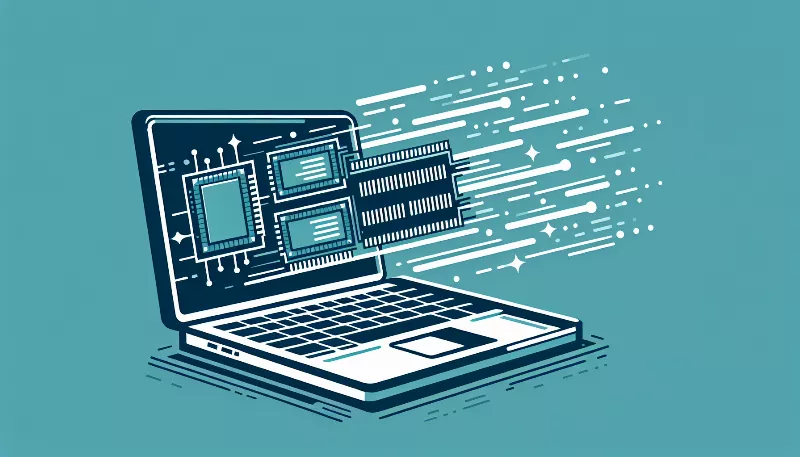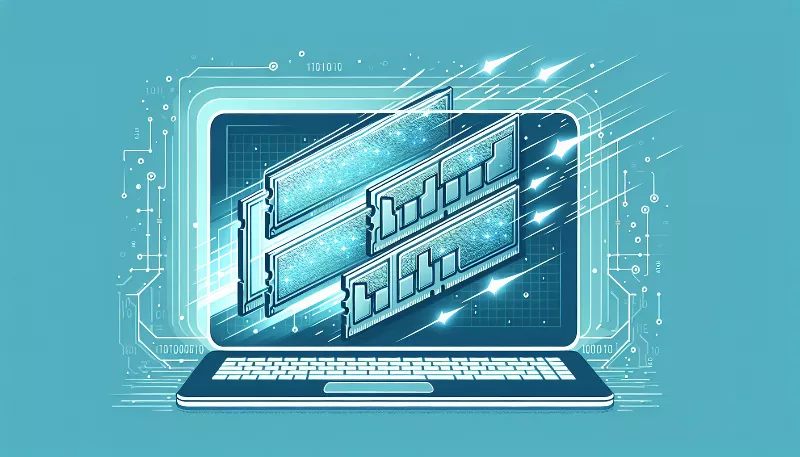In terms of laptop specs, what differentiates a gaming laptop from a business laptop?
Discover what sets gaming laptops apart from business models with our guide on the essential specs that elevate your gaming experience.
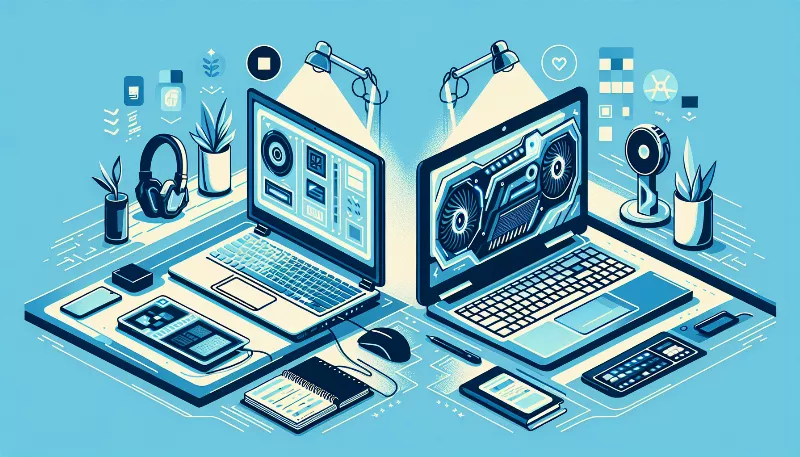
Unveiling the Powerhouses: Gaming vs. Business Laptops
When it comes to laptops, not all are created equal. The battle between gaming and business laptops is one of power versus precision, spectacle versus subtlety. But what exactly sets these two breeds of portable computers apart? Let's dive into the world of high-octane gaming machines and sleek business workhorses to uncover the differences that define them.
Graphics: A Visual Feast vs. Professional Clarity
Gaming laptops are synonymous with stunning visuals. They boast high-end graphics cards like NVIDIA's GeForce RTX or AMD's Radeon RX series, designed to render breathtaking landscapes and lifelike characters in your favorite games. These GPUs are power-hungry beasts, capable of supporting VR, high frame rates, and ray tracing technology for ultra-realistic lighting effects.
In contrast, business laptops prioritize efficiency and battery life over raw graphical prowess. They often come with integrated graphics or entry-level dedicated GPUs that are more than sufficient for creating presentations, crunching numbers, and other office tasks. While they may not support the latest gaming titles at high settings, they deliver crisp and clear visuals for professional use.
Performance: Speed Demons vs. Multitasking Maestros
The heart of any gaming laptop is its processor and memory. With the latest multi-core CPUs from Intel and AMD, such as the i7, i9, or Ryzen 7 and 9 series, gaming laptops are built to handle complex game engines and multitasking with ease. Coupled with high-speed RAM, often 16GB or more, these machines ensure smooth gameplay and quick load times.
Business laptops, while still powerful, focus on reliable performance for productivity. They typically feature energy-efficient processors like the Intel Core i5 or i7 U-series, which provide a balance between performance and power consumption. RAM configurations usually start at 8GB, ample for running office applications and multiple browser tabs without a hitch.
Storage: Rapid Response vs. Ample Space
Speed is the name of the game for gaming laptops, and this extends to storage solutions. Solid State Drives (SSDs) are standard, with NVMe PCIe drives offering lightning-fast read and write speeds that drastically reduce game loading times and system boot-up.
Business laptops also embrace SSDs for their speed and reliability, but they may also include options for larger capacity traditional hard drives or hybrid systems. This flexibility allows professionals to store extensive document libraries and large databases without sacrificing too much speed.
Build and Design: Flashy Frames vs. Understated Elegance
Gaming laptops often feature bold designs with RGB lighting, aggressive venting for cooling, and a generally heavier and thicker build to accommodate powerful components. They're designed to stand out and make a statement.
Business laptops, on the other hand, are the epitome of sophistication. They sport slim profiles, lightweight designs for easy travel, and a professional aesthetic that fits seamlessly into corporate environments. Their cooling solutions are designed to be quiet and unobtrusive, ensuring that nothing distracts from the task at hand.
Battery Life: Marathon Gaming vs. All-Day Work
The Achilles' heel of many gaming laptops is their battery life. The high-performance components consume a lot of power, so these laptops often need to be plugged in for the best experience. It's not uncommon for gaming laptops to offer just a few hours of battery life under heavy use.
Business laptops shine in this arena, with optimizations for extended battery life that can often last a full workday or more on a single charge. This is crucial for professionals who need to work on the go, in meetings, or during travel without constant access to a power outlet.
Connectivity: Ports Galore vs. Essential Interfaces
Gaming laptops come equipped with a wide array of ports to connect peripherals such as gaming mice, keyboards, headsets, and multiple monitors. They may also include specialized ports like Thunderbolt 3 for high-speed data transfer and external GPU enclosures.
Business laptops streamline connectivity to focus on essentials like USB ports, HDMI for presentations, and sometimes docking station support. They also emphasize wireless connectivity, with features like Wi-Fi 6 and Bluetooth 5 for seamless integration with office networks and accessories.
In conclusion, the divide between gaming and business laptops is marked by their tailored specifications to meet distinct user needs. Whether it's for conquering virtual worlds or conquering the business world, there's a laptop built just for you. So choose your champion wisely, and may your computing be as limitless as your ambitions!

